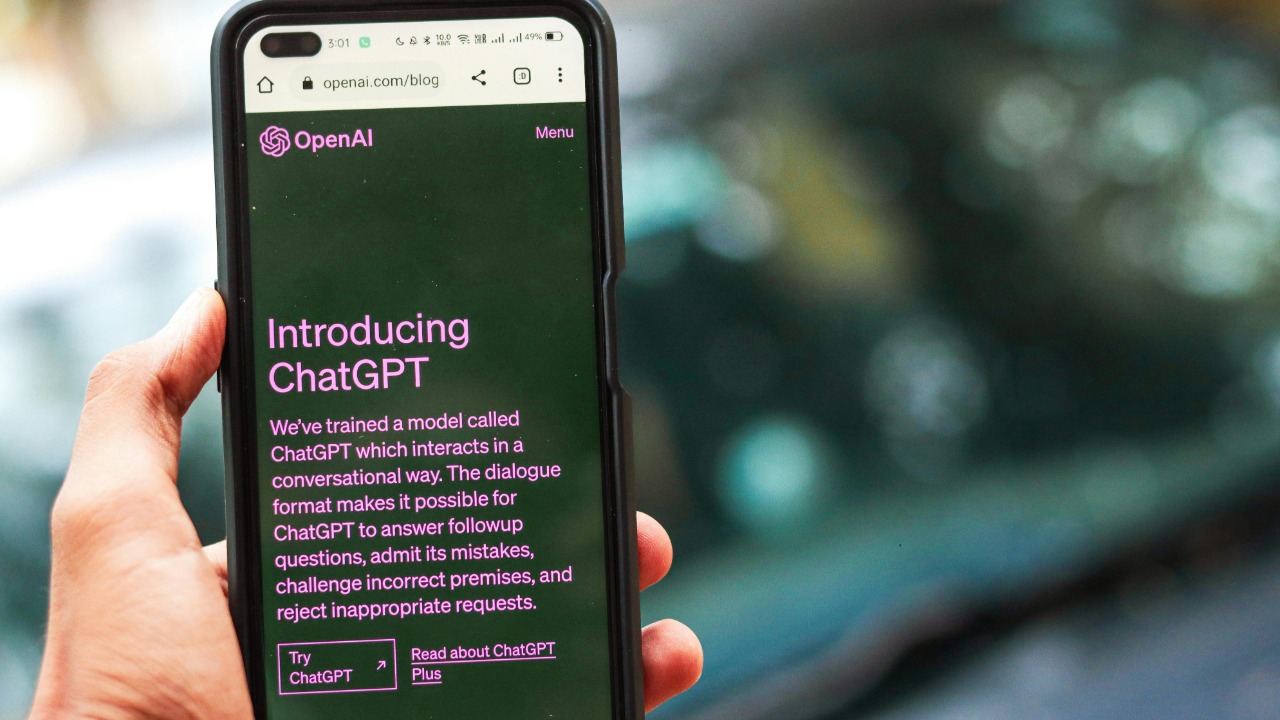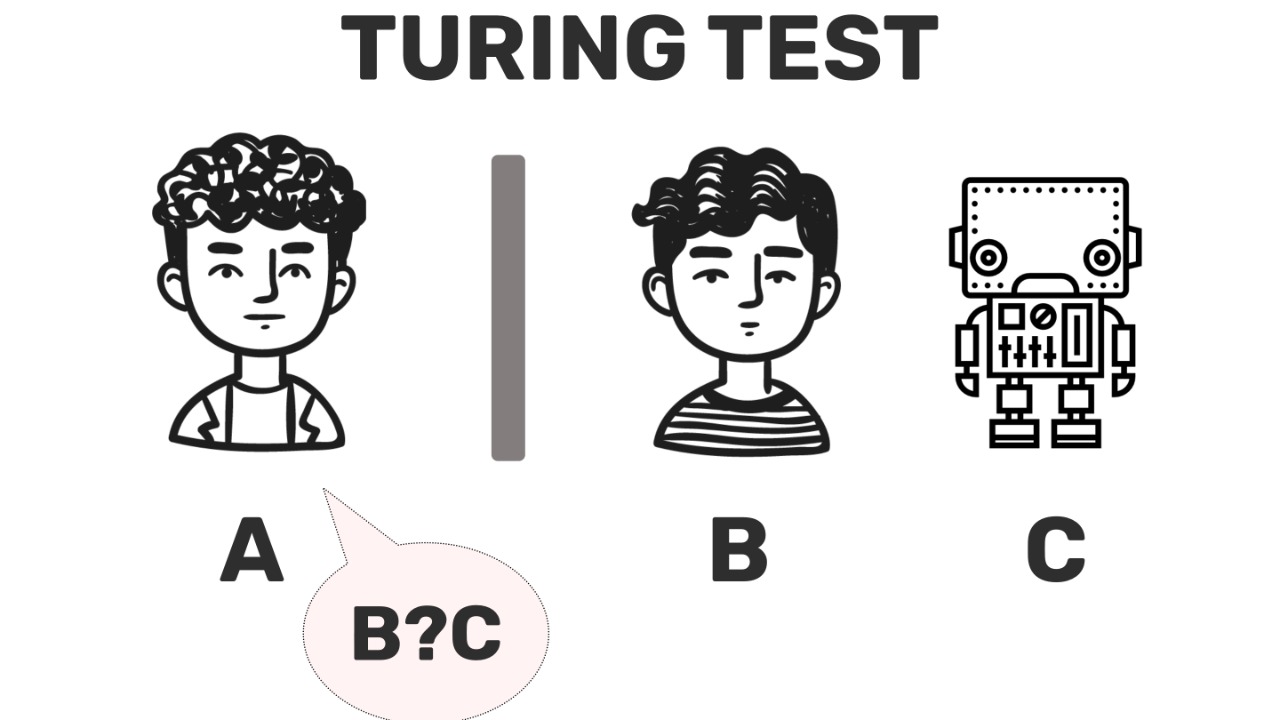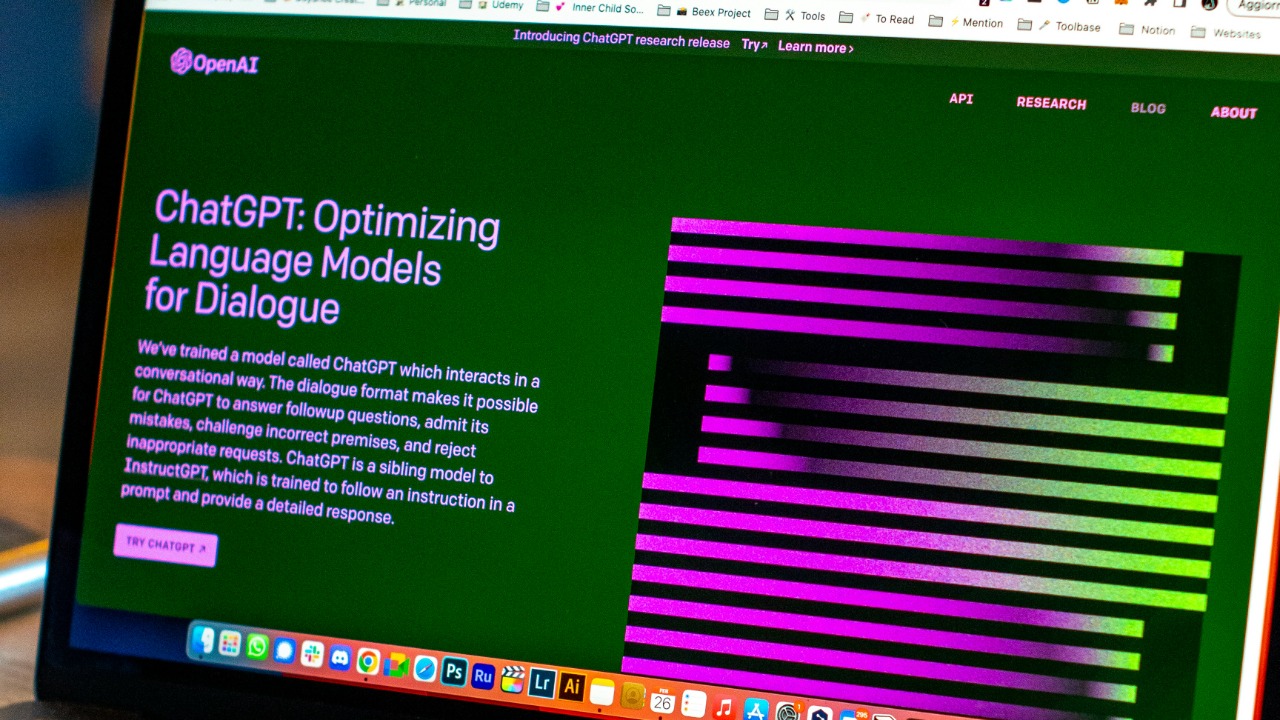
The passing of the Turing Test by GPT-4.5 marks a significant milestone in the evolution of artificial intelligence, sparking widespread debate among experts and critics alike. While some celebrate this achievement as a testament to technological progress, others raise concerns about the implications for privacy, ethics, and the future of human-machine interaction.
The Significance of Passing the Turing Test

The Turing Test, conceived by the pioneering computer scientist Alan Turing in 1950, has long been considered a benchmark for machine intelligence. Its premise is simple: an AI passes the test if it can engage in a conversation indistinguishable from a human. Over the decades, this test has served as both a goal and a standard for AI development, challenging researchers to create machines that can think and communicate like humans.
For GPT-4.5, passing the Turing Test is a testament to the remarkable strides made in natural language processing and machine learning. This version of GPT is equipped with sophisticated algorithms and vast datasets, enabling it to understand and generate human-like text responses. The achievement signifies not just a technical feat but a leap forward in AI’s ability to interact meaningfully with humans, as noted in a detailed analysis on Interesting Engineering.
The reaction from the tech community has been mixed. Some experts hail this as a breakthrough, as reported by eWeek, while others urge caution, arguing that passing the Turing Test does not necessarily equate to true understanding or consciousness. Skeptics point out that while GPT-4.5 can mimic conversation convincingly, it still lacks genuine comprehension or the ability to think autonomously.
Critics’ Concerns and Ethical Implications

One of the primary concerns raised by critics is the potential for enhanced surveillance capabilities. As AI systems become more human-like, they could be employed in ways that infringe on personal privacy, collecting and analyzing vast amounts of personal data without consent. This fear is not unfounded, as the integration of AI into surveillance systems could lead to unprecedented levels of monitoring, as discussed in research papers.
The ethical implications of AI decision-making are also a major concern. As AI systems begin to mimic human thought, questions arise about who is accountable for their decisions and actions. If an AI system makes a morally questionable decision, is the blame on the developers, the users, or the AI itself? These dilemmas necessitate a robust framework for AI ethics and accountability.
Furthermore, there is anxiety about AI’s impact on employment and societal roles. As AI systems like GPT-4.5 become more capable, they could replace human jobs, leading to significant shifts in the labor market. The fear is that AI might accelerate the displacement of workers in various sectors, necessitating discussions on how to manage these changes and ensure economic stability.
The Future of Human-Machine Interaction

Despite the concerns, the potential of GPT-4.5 to enhance human-machine interaction is immense. By improving communication and productivity, AI can facilitate more seamless interaction between humans and machines, leading to more efficient workflows and innovative applications across industries. For instance, AI-driven customer support systems can provide faster and more accurate responses, improving user satisfaction.
Moreover, there is growing interest in the potential of AI to offer companionship and emotional support. As AI becomes more integrated into personal lives, it could play a role in alleviating loneliness and providing emotional comfort. However, this raises questions about the nature of such relationships and whether AI can truly replicate the nuances of human companionship.
Balancing AI innovation with human values is a critical challenge. As AI technology advances, it is essential to ensure that it aligns with societal needs and ethical standards. This requires ongoing dialogue and collaboration among technologists, ethicists, and policymakers to navigate the complexities of AI integration.
The Role of Regulation and Governance

The current regulatory landscape for AI is evolving, with governments and organizations worldwide grappling with how to manage the rapid pace of AI development. Existing regulations focus on transparency and accountability, but as AI systems like GPT-4.5 become more advanced, there is a pressing need for updated guidelines and standards. This evolution is noted in discussions about AI governance in recent studies.
International collaboration is crucial in establishing a unified approach to AI regulation. As AI impacts global societies, cooperation among nations can help develop comprehensive strategies that address the ethical and practical challenges of AI deployment. Such collaboration ensures that AI benefits are distributed equitably and risks are mitigated effectively.
Ensuring transparency and accountability in AI algorithms is essential for maintaining public trust. By making AI decision-making processes more transparent, developers can build systems that users understand and trust, thereby enhancing safety and reliability. This transparency is pivotal in addressing public concerns about AI and fostering acceptance.
Looking Ahead: The Path to GPT-5 and Beyond

As we look to the future, the anticipated advancements in AI are both exciting and daunting. Future models like GPT-5 are expected to build on the foundations set by GPT-4.5, offering even more sophisticated capabilities and applications. These advancements could transform industries, from healthcare to entertainment, by providing more personalized and effective solutions.
Preparing society for the integration of future AI technologies is imperative. This includes developing educational and training programs to equip the workforce with the skills needed to thrive in an AI-driven world. By proactively addressing the challenges of AI integration, society can harness its potential while minimizing disruptions.
The ongoing debate about AI’s role in humanity’s future is likely to intensify as AI systems become more integral to daily life. These discussions encompass philosophical and existential questions about what it means to coexist with intelligent machines and how humanity’s values and priorities will shape the trajectory of AI development. For more insights into the implications of AI advancements, Discover Magazine offers an in-depth exploration of these themes.